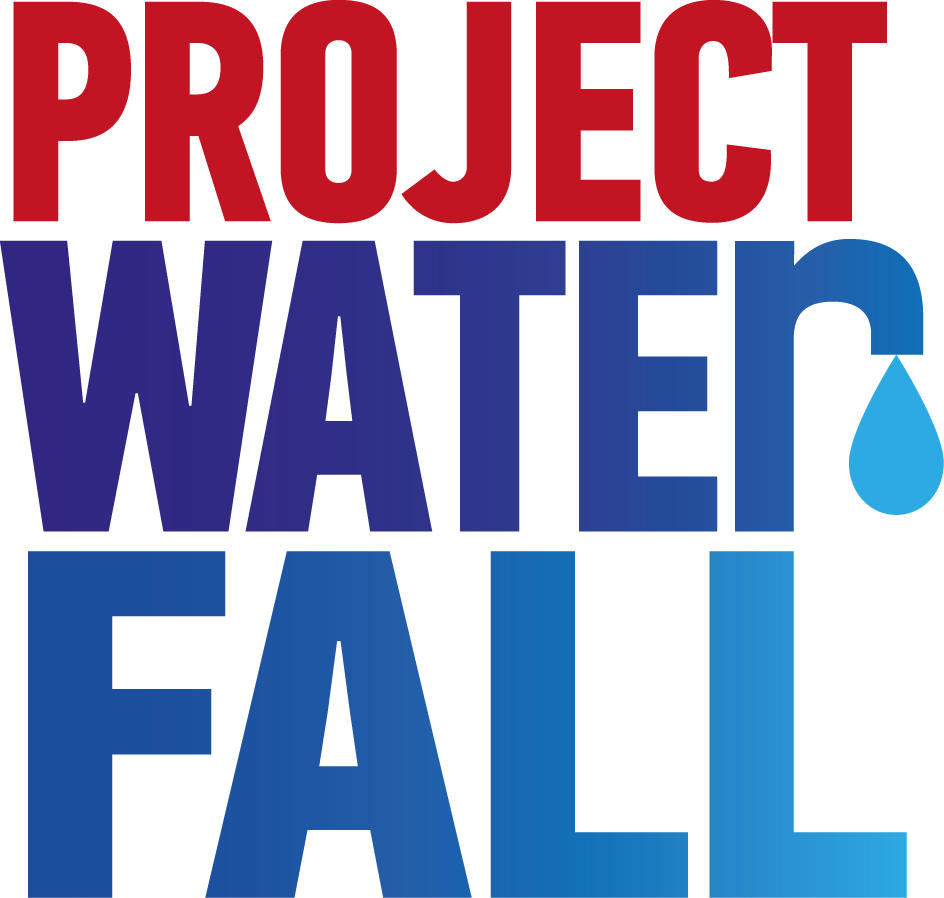The effects of the water crisis
This is the third post in a 4-part blog series that aims to highlight the water crisis, why it exists, the effects of it, and what can be done to end it.
In coffee-growing communities where the water crisis is most felt, collecting water is a woman’s job.
Today, women around the world will spend a total of 200 million hours collecting water. Tomorrow it will be another 200 million hours.
Some women and young girls can spend up to 8 hours walking, and waiting in line, for water. Water which is often dirty and unusable.
All of this affects both their health and education.
Impact on health
Collecting water, which on average weighs 20 kilos, is a strenuous task. It can lead to spinal and pelvic deformities, miscarriages and chronic fatigue.
When women and girls are walking home at night and have their periods, they are also at a higher risk of being attacked by wild animals, particularly when they are looking for a place to go to the toilet.
While water collection is even more difficult when a woman is pregnant, if the water itself is dirty then hospitals don’t have the resources they need and childbirth is incredibly dangerous.
However, when a community gets clean water, women and girls get their lives back and have more time to spend on growing food, caring for their families, working and gaining financial independence, or going to school…
Photo: charity: water, Rwanda
Impact on education
Despite education being technically free for all in many parts of East Africa, young girls often stay at home to help their mothers with household tasks, including collecting water.
Some even get up early to collect water, and then arrive at school completely exhausted. Clean water closer to home totally changes this. It means young girls can spend more time in school, rested and ready to learn.
The situation is further complicated by a lack of toilet facilities at schools in coffee-growing communities. When teenage girls have their periods, and their school doesn’t have toilets, they will often stay at home to avoid any embarrassment.
Up to a week of school is missed every month as a result. That’s a quarter of the school year. This can put young girls behind their male peers in academic performance and starts them off on the wrong foot when graduating.
Photo: Eliza Powell, WaterAid, taken at the Rwenthuua Primary School in Uganda during a project visit in 2016
Access to clean water changes everything
Child mortality rates drop. Girls can spend more time in school. Women can start their own businesses. And dignity is restored to communities.
Clean water equals time, which equals empowerment. And the good news is that, as we’ll look at next week, clean water is achievable for all.
Photo: Eliza Powell, WaterAid, Uganda




